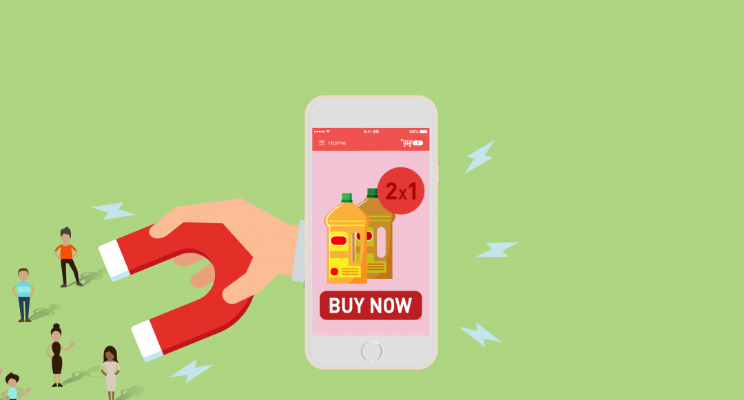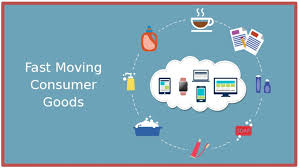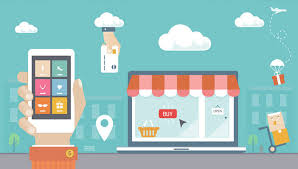Why Mobile hasn't yet impacted FMCG Marketing
Mobile has changed the way we live our lives and the way we shop, but have we really seen the impact in Fast-Moving Consumer Goods (FMCG) as yet? Mobile apps for brands and retailers abound, but look in store and see how many people are using their mobiles. And if you see anyone, are they using a shopping-related app, or simply taking a call or texting? Mobile is yet to fully impact FMCG as we have been slow to understand where the real opportunity lies for brands. : moPharma

Why Mobile hasn't yet impacted FMCG Marketing
- Harvard Business Review
- smartphone is the shoppers’ constant companion
- Key to value exchange
According to a study by the Harvard Business Review, marketers see today’s consumers as web-savvy, mobile-enabled data sifters who pounce on whichever brand or store offers the best deal. Brand loyalty, the thinking goes, is vanishing. But rather than being the cause of the problem, mobile offers FMCG app brands the chance to create more shopper loyalty in the form of habitual purchasing. To do this FMCG app need to re-imagine their relationship with shoppers, and think less about how they influence any single purchase decision and more about how they connect with individual shoppers on an ongoing basis.
We know that shopper behaviour is changing. Shoppers are making smaller, more frequent trips across a number of different retailers, with convenience or proximity being a driver of store choice. So as shoppers become more promiscuous, they become even more difficult for brands to connect with.
Yet the smartphone is the shoppers’ constant companion - a recent study saw 87% of respondents claim that their smartphone never leaves their side – and mobile app development technology enables FMCG app to engage with shoppers directly and establish a relationship based upon a value exchange that can be maintained independent of the retailer. The value exchange that can be brokered by mobile is one where shoppers give their time to consider news and offers from brands, and provide their shopper data by snapping their till receipt to earn a reward from the brand for any purchases made.
Key to any value exchange is that it be equitable, and brands need to take responsibility for this. So how much value is there for a brand if they can use the shopper data to identify different shopper groups and talk to each with tailored messages and offers? Think of the implications: no more untargeted promotions that often lose money, but brand users targeted with loyalty schemes to increase frequency of purchase and rewarded for making a number of purchases over time, whilst non-users are targeted with offers that encourage trial. For the brand there is the additional benefit that the effectiveness of every activity is measured enabling the development of a deeper, more profitable relationship with shoppers. And from the shopper’s perspective, no need to spend time searching for deals but reassurance that their loyalty is being rewarded over time – regardless of where they choose to shop.
With more smartphones than people on the planet (allegedly), mobile app is clearly the most convenient means for brands to engage with their shoppers. The technology exists, we just need the imagination to use it.
If you are looking to build your next (or first) mobile app and need help with one or more of these steps, you’re in luck! The moPharma Group welcomes app owners at any stage in this process. Whether you are a startup or Fortune 50 company, we have the team and knowledge needed to deliver a fantastic mobile app. Please don’t hesitate to write us today.





Discuss about post